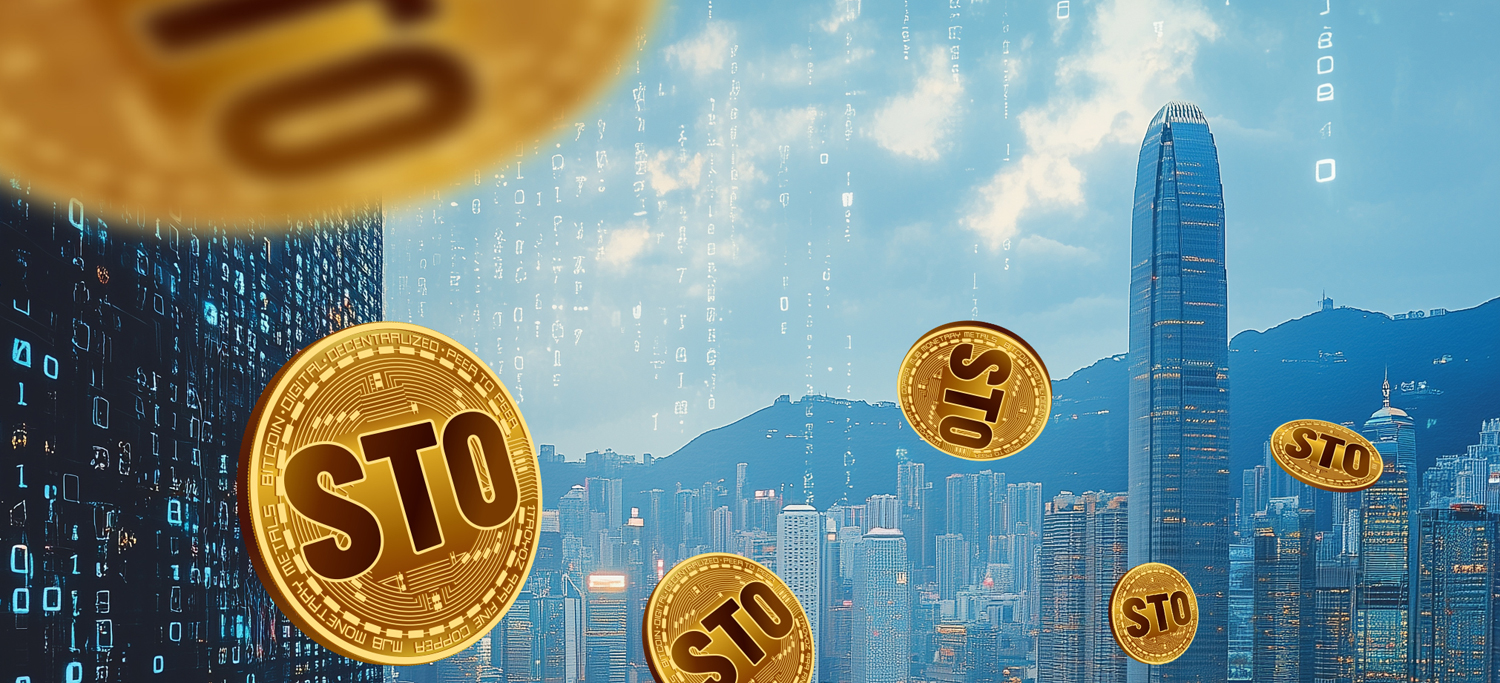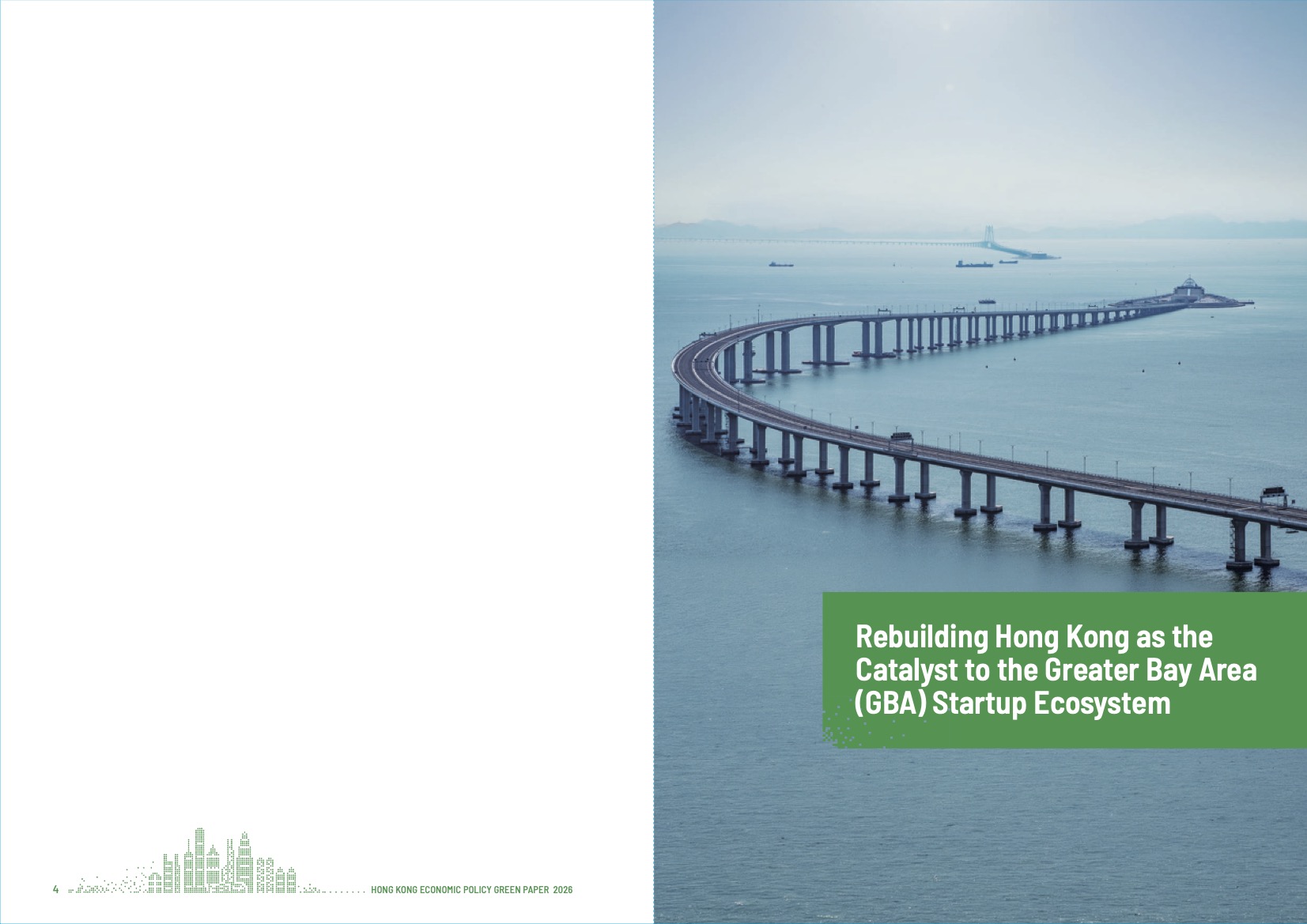Over the past decade, two technologies have been at the forefront of the digital revolution. The first is AI, which has seen global adoption, while the latter is the more contentious Web3, a decentralized blockchain protocol. This article will primarily focus on the latter.
The financial sector related to Web3 has experienced a roller-coaster ride. From the crypto winter a few years ago to bitcoin exceeding USD 90,000 after Donald Trump’s recent election victory, people are questioning what’s next for this area, and how governments should strategically align their financial, monetary, and securities policies. The Hong Kong Government, aiming to become an international Web3 hub, has been focusing on regulation, licensing, and the promotion of Securities Token Offering and Stable Coins. This approach could potentially help them lead the transformation in global finance. This article will assess the key elements for successful Web3 adoption and Hong Kong’s unique ecosystem development.
Hong Kong has long been a global financial hub. With the establishment of HKSTP and HK Cyberport, it has also continued to innovate technologically, keeping pace with global trends. The Policy Statement on the Development of Virtual Assets (VAs) in Hong Kong in October 2022 and the set-up of the Task Force on Promoting Web3 Development in June 2023 demonstrate Hong Kong’s ambition to become an International Web3 Center. The city’s robust financial system, strategic geographical position between Mainland China and overseas markets, and progressive regulatory environment make it an ideal candidate to spearhead the next wave of Web3-led financial transformation. STO, RWA and Stable Coins are playing a pivotal role in this context.
Securities Token Offering (STO) is a public offering for tokenized securities. With the regulatory oversight of traditional securities, plus the asset-backed condition, it has provided an added layer of security and legitimacy to investors. Real World Assets (RWA) are tangible assets like commodities or equity that have value in the ‘real world.’ Tokenizing these assets allows them to be divided into smaller, more manageable units, broadening the investor base and adding market liquidity. Stable Coins, pegged to a reserve asset like a fiat currency or commodity, act as a medium for efficient transactions, providing stability akin to traditional currencies.
While STOs were briefly introduced globally after ICOs fell out of favor due to widespread scams, they didn’t gain mainstream popularity due to regulatory uncertainty, technological limitations, and loss of trust of crypto by investors during that period. However, Hong Kong’s strict yet progressive regulatory framework, its drive for innovation, and a robust financial system could create a conducive environment for STOs and RWAs now. High financial literacy levels and openness to new technologies, coupled with government support for Web3 technology, could see STOs and RWAs gain significant traction in Hong Kong.
In additional to digital security and technology robustness, key elements for successful STO adoption in Hong Kong include bridging the gap between traditional finance (old money) and digital assets (new money). The creation of a vibrant ecosystem with digital assets by innovative fintech firms that draws interest from traditional financial institutions and investments is both a challenge and an opportunity. Another key driver for Web3 is the concept of community. For the Web3 industry to become viable in Hong Kong, people must feel connected and involved. This sense of community and trust could create a network effect leading to rapid adoption and growth. On the other hand, the underlying asset tokenized plays a significant role in attracting investors. These assets need to be valuable, desirable, and could connect with potential investors. Empathy in design thinking, which emphasizes understanding user needs, can be instrumental in creating financial products that people want to pursue. Lastly, a comprehensive business model offering value-added services and enhancing user experience is crucial.
Hong Kong is well-positioned to become an International Web3 Center. Success in this endeavor would not only mark a significant milestone in Hong Kong’s digital journey but also contribute to the broader adoption of the digital economy worldwide.
As a Web3 pioneer, Hong Kong could leverage this technology to support China in weathering current economic challenges. Web3 could foster innovation in China, offering new business methods, streamlining international trade, and creating new job opportunities. Collectively, this could help stimulate China’s economic growth and bolster its export sector and international trade relations, offsetting some of the current economic challenges’ negative impacts.
Prof. Joseph CHAN
Associate Director, Centre for Innovation and Entrepreneurship
Associate Professor of Practice in Management and Strategy
HKU Business School




